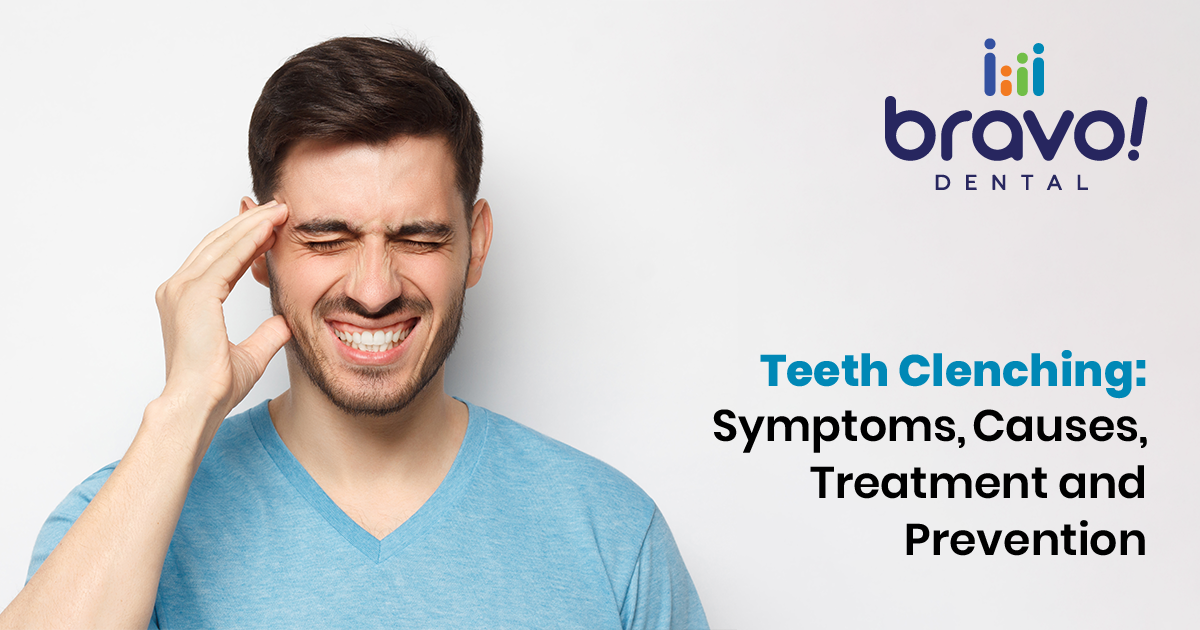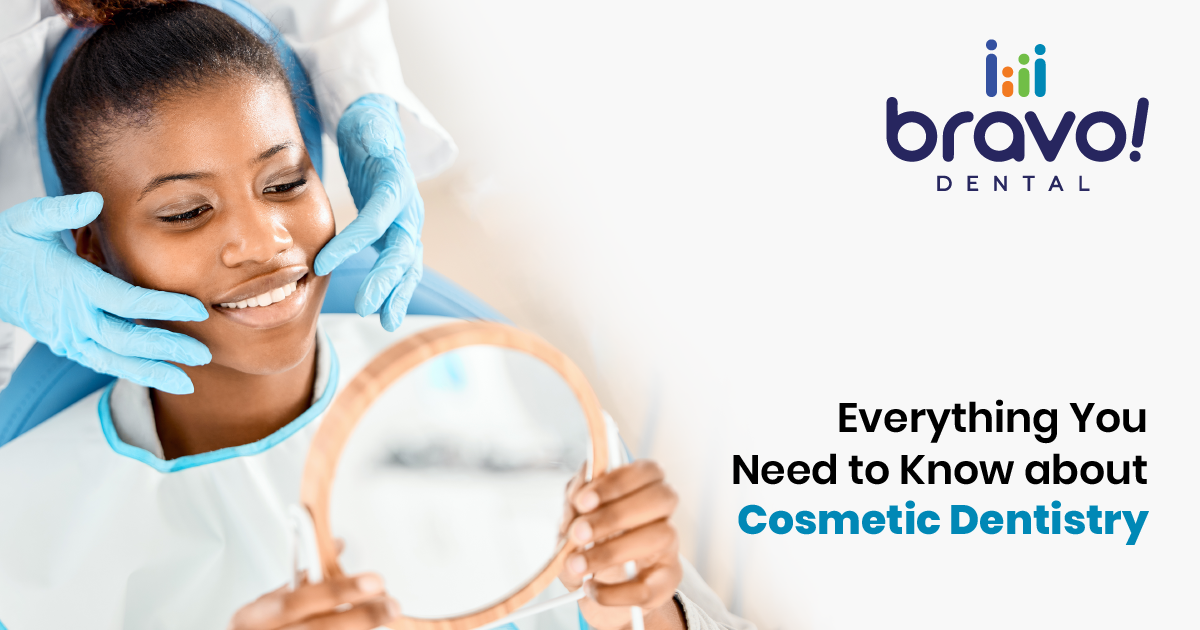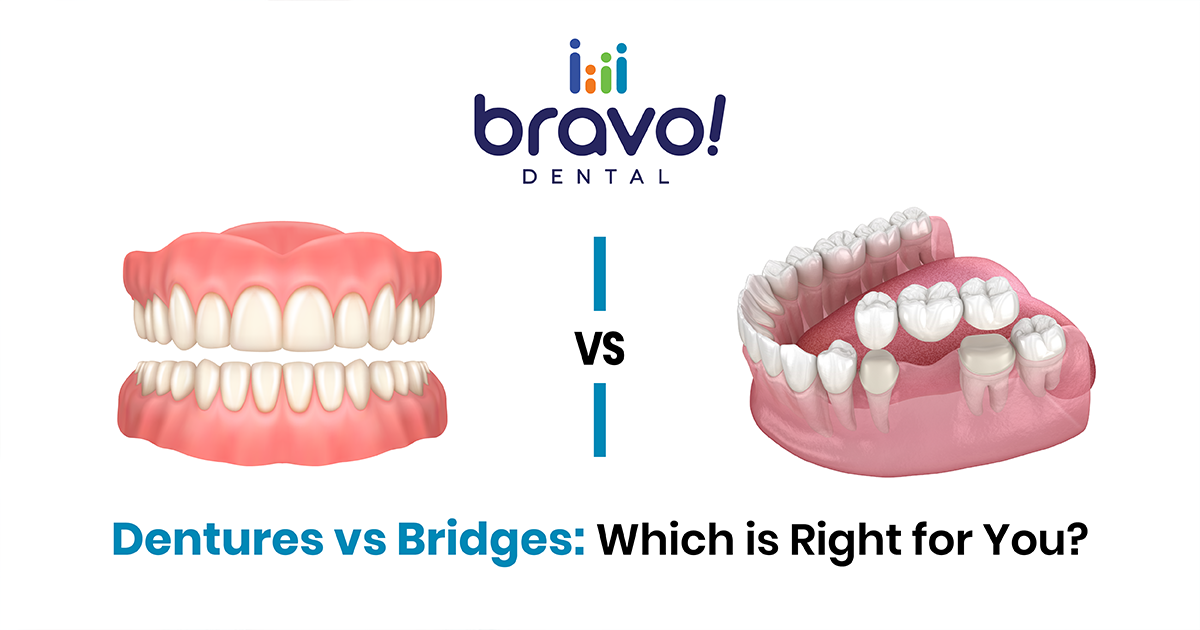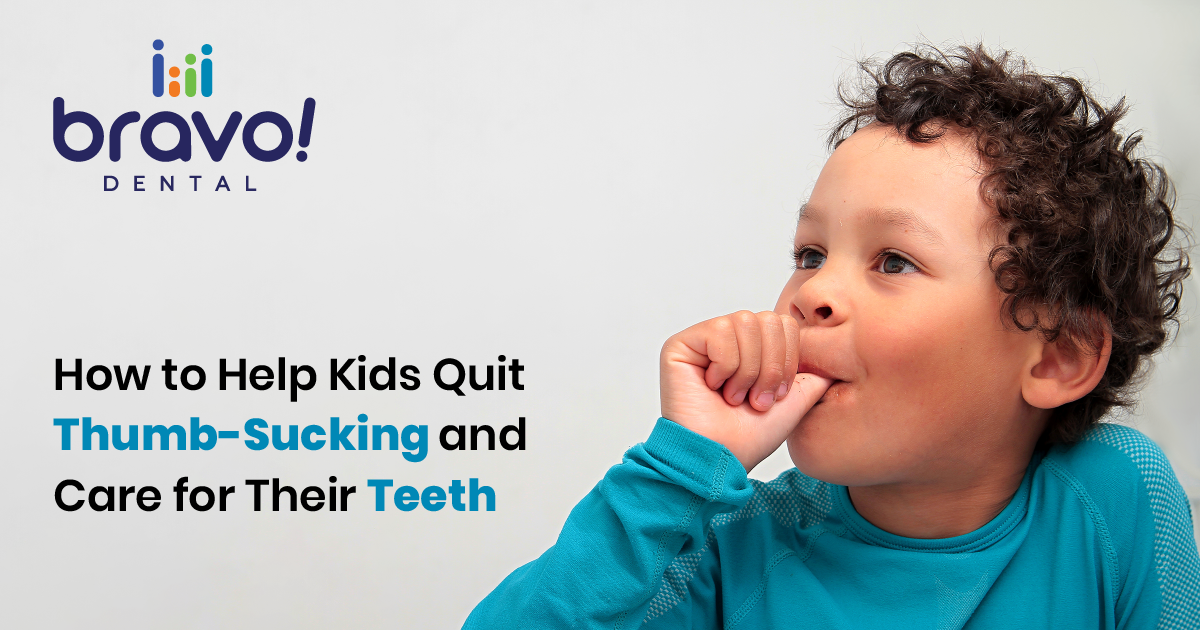
Teeth clenching, also known as bruxism, is a common condition where an individual involuntarily grinds or clenches teeth. While occasional clenching is normal, chronic bruxism can lead to various dental and health problems if left unchecked.
Let’s delve deeper into this common issue.
Symptoms
Jaw pain: This is the most common symptom, often felt upon waking or throughout the day.
Headaches: Frequent headaches, particularly tension headaches, can be linked to teeth clenching.
Earaches: Jaw pain can radiate to the ear, causing discomfort and making it difficult to pinpoint the source of the pain.
Tooth sensitivity: Clenching can increase tooth sensitivity, especially to hot and cold beverages.
Facial muscle fatigue: You might experience fatigue or tightness in the muscles around your jaw and temples.
Worn or chipped teeth: Over time, bruxism can wear down tooth enamel, leading to chipping, cracks, and even tooth loss.
Causes
The exact cause of bruxism is still not fully understood, but several factors are known to contribute:
- Stress and anxiety can trigger teeth clenching as the body tenses up in response to emotional pressure.
- Sleep disorders like sleep apnea and other sleep disturbances can disrupt sleep patterns and increase bruxism.
- Some medications can have side effects that include teeth clenching or jaw stiffness.
- Misaligned teeth or jaw problems can put extra pressure on the joints, leading to clenching.
- Habitual jaw clenching throughout the day, often due to concentration or focus.
Aftermaths
- Worn down, chipped, or cracked teeth can affect aesthetics and increase the risk of tooth decay and sensitivity.
- Clenching can contribute to temporomandibular joint (TMJ) problems, leading to jaw pain.
- Chronic clenching can lead to frequent headaches, facial pain, and earaches.
- Teeth grinding during sleep can disrupt sleep quality and lead to daytime fatigue and irritability.
Dental Treatments
If you suspect you are clenching your teeth, it’s crucial to consult a dentist. They can diagnose the cause and recommend appropriate treatment options, such as:
Mouthguards: These custom-made splints worn at night protect your teeth from grinding and clenching while sleeping.
Stress management techniques: Relaxation techniques like deep breathing, meditation, and yoga can help manage stress and reduce bruxism episodes.
Addressing underlying conditions: If an underlying medical condition like sleep apnea contributes to bruxism, treating it can help alleviate the clenching.
Botox injections: In some cases, injecting Botox into the jaw muscles can help relax them and reduce clenching.
Preventive Tips
While there’s no guaranteed way to prevent teeth clenching, several practices can help:
Manage stress effectively: Find healthy ways to manage stress, such as exercise, relaxation techniques, or talking to a therapist.
Maintain good posture: Practice good posture throughout the day to prevent putting strain on your jaw muscles.
Be mindful of clenching: If you catch yourself clenching your jaw, consciously relax your jaw muscles.
Regular dental checkups: Schedule regular dental checkups to discuss concerns about teeth clenching and get early intervention if needed.
Conclusion
Concerned about teeth clenching? At Bravo! Dental, we offer comprehensive dental care, including diagnosis and treatment options for teeth clenching. Our team of experienced dentists can create a personalized treatment plan to address your specific needs and help you achieve a healthy smile.
Contact us today at 1-888-682-7286 to schedule an appointment!
happy to hear from you, contact us
Fill out the contact form below and Feel free to send any question or query.




